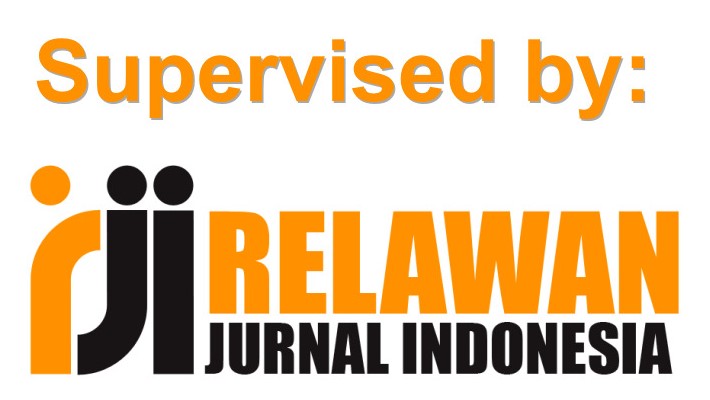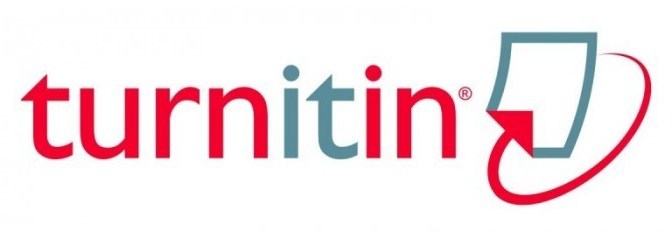PKM Pemberdayaan Ekonomi Keluarga Kampung KB Nusa Indah Kota Makassar
DOI:
https://doi.org/10.31100/matappa.v4i1.741Keywords:
Kemiskinan, UPPKS, Oleh, Dari dan Kampung KBAbstract
ABSTRACT
Law number 52 of 2009, concerning Population Development and Family Development, as the basis for the implementation of the Population and Family Planning Program emphasizes that the Office of Population and Family Planning Control is not only limited to KB and KS problems, which are mandated to be able to contribute to the success of the Agenda National Development Priorities (Nawacita), especially Mawacita 3 (three), namely building communities from the periphery with the KB Village Formation program at the lowest level of government area which is in direct contact with the community, namely RW / Dusun.
Management of KB villages in Makassar City in 2016 a year after the KB Hallway, namely in 2015, therefore, the family planning program is promoted in line with improving the quality of public services and is expected to increase public awareness of beautiful and clean hallways and improve the quality of participants' achievements KB, both for family planning acceptors and achievements for improving the welfare of the community through family development and family economic efforts
Poverty has been one of the problems in Indonesia since then until now especially since it was struck by the economic and monetary crisis that occurred since 1997. UPPKS is a group of activities supporting family planning programs whose members consist of Pre-prosperous families and Prosperous families I, in the framework of improving family welfare through productive activities (entrepreneurship) with a localized product approach (recycling), so that their lives become more prosperous. Thus the UPPKS is expected to be a model of micro-family businesses that function to move the wheels of the family economy through economic learning by arousing the interest and enthusiasm of the family for entrepreneurship (BKKBN, 2005).
At present UPPKS group activities have suffered a setback as evidenced by the decline in group activities and the quality of UPPKS group activities. All of that if identified is caused by several things: 1). Weak leaders of group administrators, 2). The guidance done by KB counselors is not continuous, in general the material only concerns reporting, administration and bookkeeping is not optimal, 3). The difficulty of obtaining cheap and easy capital loans, 4). Still weak in choosing the type of business that is in accordance with the potential of the region., 5). Difficulties in marketing and 6). Low quality of human resources. Thus the community service project was held as a form of contribution to help guide and train the UUPKS groups to have proficiency in, 1). Choosing administrators who are more knowledgeable about group management, who have good character and character, are oriented toward progress to achieve success, 2). Provide motivation to KB field workers, so that they provide continuous training to UPPKS groups, 3). Assisting and facilitating UPPKS groups in the matter of optimally managing capital so that the group businesses they run can run smoothly, 4). Encourage the UPPKS group to develop the type of business from local products that are in the vicinity of the neighborhood (snake cycle), 5). Improving the quality of human resources by providing training and skills as well as the delivery of good programs, 6). Increase partners in terms of marketing the results of UPPKS group activities, with a system of cooperation in which the franchisor Keywords: Poverty, UPPKS, By, From and KB Village
References
DAFTAR PUSTAKA
DPPKB, 2018. Profil Kampung KB dari Lorong KB Kota Makassar
Ambar, Sulistiyani, 2004. Kemitraan Dan Model pemberdayaan, Gaya Media Jogjakarta
BKKBN, 1986, Pedoman Oprasional Pelaksanaan Kegiatan UPPKS, Jakarta
BKKBN, 1993, Undang-Undang Nomor 10 tahun 1992 tentang Perkembangan kependudukan dan pembangunan keluarga sejahtera, Jakarta.
Delly Maulana, 2007. Mengungkap kekuatan Ekonomi Mikro Dalam Mengentaskan Kemiskinan di Indonesia. Suara Publik. 07 March 2007
Hafsah, Mohammad Jafar, Upaya Pengembangan Usaha Kecil dan Menengah, Infokop Nomer XX, 2004.
Drs. Abu Huraerah, M.Si. Drs. Purwanto, M.Si.,2005, Dinamika Kelompok Bandunghal (62-64)
Idrus, M. 2007, Metoden Penelitian Ilmu-Ilmu Sosial ( Pendekatan Kualitatif & Kuantitatif) UII Press Yogyakarta
Islamy, M Irfan, 2004. Membangun Masyarakat Partisipasif, Jurnal Ilmiah Administrasi Publik, 4 (2): 3-9
Jones, Charles O, 1996, Pengantar kebijakan Publik, Penerjemah Ricky Istamto, edisi 1, cetakan ke 3, PT Raja Grafindo Persada, Jakarta.
Kamaludin, Rustian. Kemiskinan Perkotaan di Indonesi : Perkembangan Karakteristik Dan Upaya Penanggulangan ( Seminar Pengembangan Perkotaan dan Wilayah ) Fakultas ekonomi Universitas Trisakti, Jurusan Ekonomi Pembangunan 1 Nopember 2004
Kartasasmita, Ginanjar, 1997. Administrasi Pembangunan Perkembangan Pemikiran dan Prakteknya di Indonesia. PT Pustaka LP3E. Jakarta
Pengentasan Kemiskinan Melalui Pemberdayaan UKM, Pusat Studi Ekonomi dan kebijakan Publik ( Center for Ekonomic Policy Study)
Sjafri Sairin, 2002. Perubahan Sosial masyarakat Indonesia. Perspektif Antropologi. Pustaka Pelajar, Yogyakarta.
Soetrisno,Lukman.1997. Kemiskinan, Perempuan dan Pemberdayaan .Kanisius. Yogyakarta
Somodiningrat, Gunawan, 1998. Pemberdayaan Masyarakat dan JPSJakarta : Gramedia Pustaka Utama
Supriatna, Tjahya. 2000. Strategi Pembangunan dan Kemiskinan. Rineka Cipta. Jakarta.
Suwigyo, 1986. Administrasi Pembangunan Desa dan Sumber-sumber Pendapatan. Ghalia, Jakarta
DPPKB, 2018. Profil Kampung KB dari Lorong KB Kota Makassar
Downloads
Additional Files
Published
Issue
Section
Citation Check
License
Jurnal ini memberikan akses terbuka langsung dengan prinsip bahwa membuat penelitian tersedia secara bebas untuk publik mendukung pertukaran pengetahuan global yang lebih besar.
Semua artikel yang diterbitkan dapat di Akses secara Terbuka atau Gratis untuk semua orang baik untuk dibaca maupun diunduh di bawah lisensi CC-BY.
Ppenulis mempertahankan kepemilikan hak cipta untuk artikel mereka, tetapi penulis memberikan izin kepada orang lain untuk menggunakan konten publikasi di Matappa secara keseluruhan atau sebagian asalkan karya aslinya dikutip dengan benar.
Hak cipta mencakup hak eksklusif untuk mereproduksi dan menyampaikan artikel dalam semua bentuk dan media, termasuk cetak ulang, foto, mikrofilm dan reproduksi serupa lainnya, serta terjemahan. Reproduksi bagian manapun dari jurnal ini, penyimpanannya dalam basis data dan transmisi dengan bentuk atau media apa pun, seperti elektronik, salinan elektrostatik dan mekanik, fotokopi, rekaman, media magnetik.

MATAPPA is licensed under a Creative Commons Attribution 4.0 International License.








